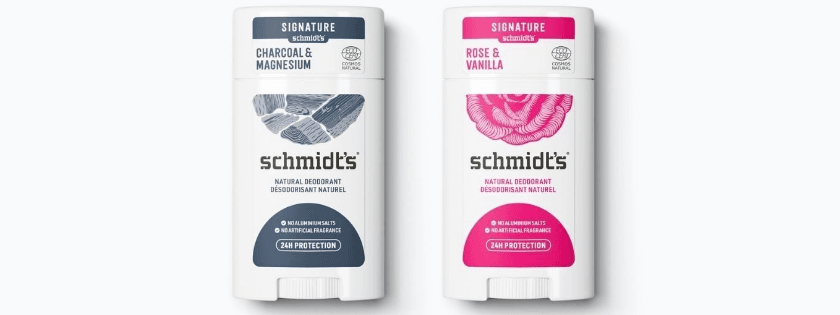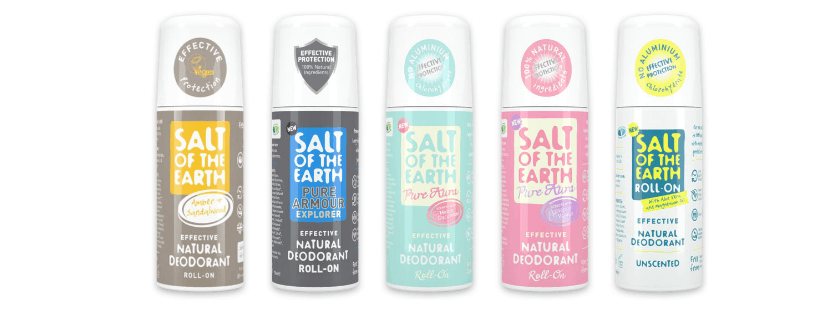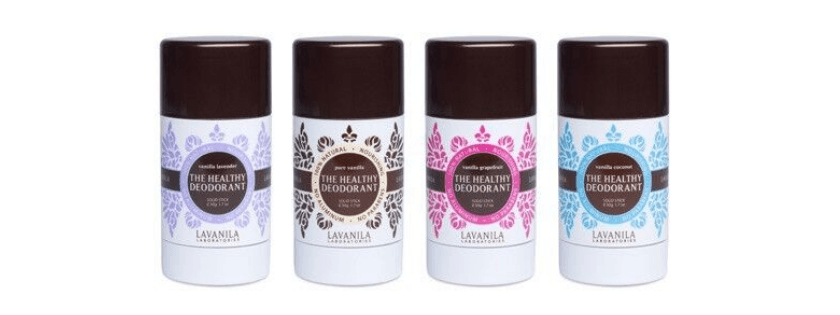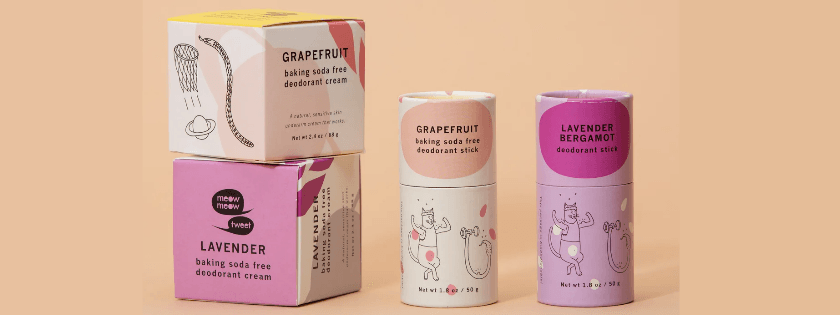Introduction
Deodorants play a crucial role in personal hygiene by keeping body odor at bay, but their environmental impact is often overlooked. Traditional deodorants contain chemicals and packaging that can harm the environment through pollution and resource depletion. This article explores the benefits of choosing environmentally friendly deodorants, what sets them apart, and reviews some popular eco-conscious brands to help you make an informed choice.
What Are Environmentally Friendly Deodorants?
Environmentally friendly deodorants are products formulated with natural and sustainable ingredients, free from synthetic chemicals like aluminum compounds, parabens, phthalates, and artificial fragrances. They typically come in recyclable or biodegradable packaging, often avoiding plastic altogether. These deodorants minimize harm to ecosystems and reduce waste, while also being gentler on the skin.
Key Characteristics
- Natural Ingredients: Utilizes plant-based oils, essential oils, minerals, beeswax, and other biodegradable substances.
- Chemical-Free: Avoids parabens, aluminum salts, phthalates, and synthetic fragrances.
- Sustainable Packaging: Uses cardboard, glass, or recyclable plastics to reduce landfill waste.
- Non-Aerosol: Often non-spray, reducing greenhouse gas emissions from propellants.
- Vegan and Cruelty-Free: Many are certified to avoid animal testing and byproducts.
Why Choose an Environmentally Friendly Deodorant?
The environmental benefits are significant when switching to eco-friendly deodorants. Traditional formulations and packaging contribute to pollution, ozone depletion, and waste. Choosing natural alternatives promotes healthier ecosystems, reduces exposure to potentially harmful chemicals, and supports sustainable brands investing in greener technologies.
Environmental Impacts of Traditional Deodorants
- Aerosol Propellants: Release greenhouse gases that contribute to climate change.
- Chemical Pollution: Aluminum salts and parabens can enter waterways, affecting aquatic life.
- Non-Recyclable Packaging: Plastic containers often end up in landfills or oceans.
Popular Environmentally Friendly Deodorant Brands
1. Schmidt's Natural Deodorant

Schmidt's offers aluminum-free natural deodorants infused with nourishing ingredients and natural fragrances. It suits those seeking effective odor protection with minimal environmental footprint.
| Pros | Cons |
|---|---|
| - Vegan and cruelty-free certified - Natural essential oil fragrances - Biodegradable packaging options | - Shorter lasting than chemical deodorants - Higher price point |
2. Salt of the Earth Natural Crystal Deodorant

Using mineral salts derived from sea salt, this brand offers a gentle, long-lasting deodorant free from alcohol, parabens, and aluminum salts.
| Pros | Cons |
|---|---|
| - 100% natural mineral ingredients - Suitable for sensitive skin - Long-lasting odor control | - Packaging lacks refill options - May cause dryness with frequent use |
3. LAVANILA The Healthy Deodorant

Lavanila combines organic shea butter, coconut oil, and essential oils to provide chemical-free protection with a focus on vegan and eco-friendly practices.
| Pros | Cons |
|---|---|
| - Chemical free for sensitive skin - Vegan and cruelty-free - Long-lasting protection | - Higher cost - Limited fragrance selection |
4. All Good Coconut & Vanilla Organic Deodorant
This deodorant uses organic coconut oil, shea butter, lavender, and vanilla essential oils to gently absorb moisture and reduce odor without clogging pores.
| Pros | Cons |
|---|---|
| - Organic, natural ingredients - Free from synthetic chemicals - Not tested on animals | - May be less effective for heavy sweaters - Consistency can soften in warm climates |
5. Meow Meow Tweet Baking Soda Free Cream Deodorant

This cream deodorant is free from baking soda to reduce irritation and is made from 100% plant-based ingredients, ideal for sensitive skin.
| Pros | Cons |
|---|---|
| - Plant-based, vegan-friendly - No parabens or synthetic fragrances - Contains healing grapeseed oil | - Needs reapplication during day - Higher price point |
Understanding Ingredients in Eco-Friendly Deodorants
Key natural ingredients commonly found in environmentally friendly deodorants include:
- Essential Oils: Provide natural fragrance and antibacterial properties.
- Coconut Oil: Moisturizes skin and helps kill odor-causing bacteria.
- Beeswax: Acts as a natural binder and skin protectant.
- Shea Butter: Nourishes and soothes sensitive skin.
- Mineral Salts: Alleviate odor by inhibiting bacterial growth.
How Packaging Matters in Sustainability
Packaging contributes significantly to environmental impact. Many eco-friendly deodorants use:
- Recyclable Cardboard Tubes: Reduce plastic waste and decompose naturally.
- Glass Jars: Reusable and fully recyclable.
- Refillable Containers: Some brands offer refills to minimize waste.
Choosing products with minimal or sustainable packaging helps reduce landfill contributions and plastic pollution in oceans.
How to Choose the Best Environmentally Friendly Deodorant for You
To select an eco-conscious deodorant that meets your needs, consider the following factors:
- Skin Sensitivity: Opt for baking soda-free if you have sensitive skin prone to irritation.
- Scent Preferences: Natural essential oils offer a variety of fragrances but may be subtler than synthetic perfumes.
- Application Style: Available as sticks, creams, roll-ons, or sprays (non-aerosol).
- Effectiveness Needs: Those with heavy perspiration may need products designed for longer lasting odor protection.
- Environmental Impact: Favor brands using sustainable practices and packaging.
Conclusion
Switching to environmentally friendly deodorants benefits both your health and the planet. By choosing natural ingredients and sustainable packaging, you reduce chemical pollution, lower your carbon footprint, and support ethical production methods. While these alternatives may sometimes require more frequent application or come at a higher price point, the positive environmental impact and personal wellbeing advantages make them worthwhile. Embrace eco-conscious personal care and contribute to a cleaner, greener future.
